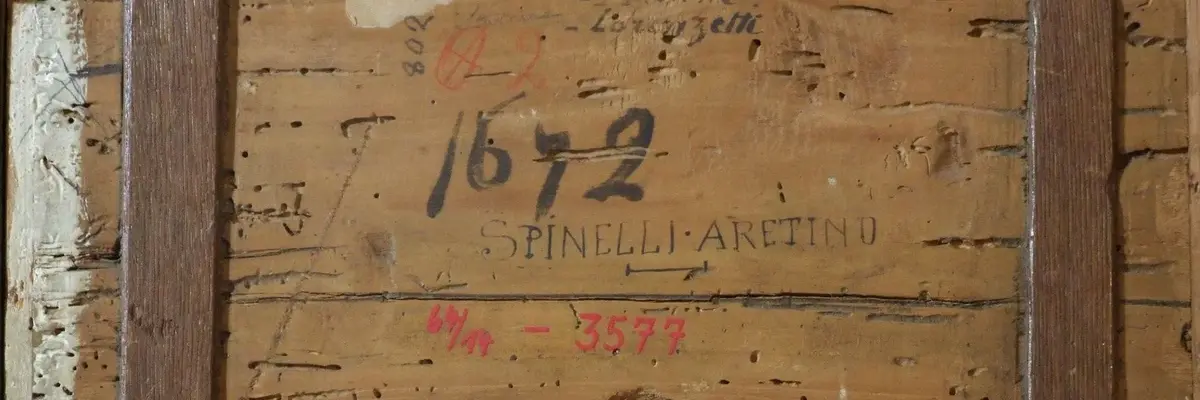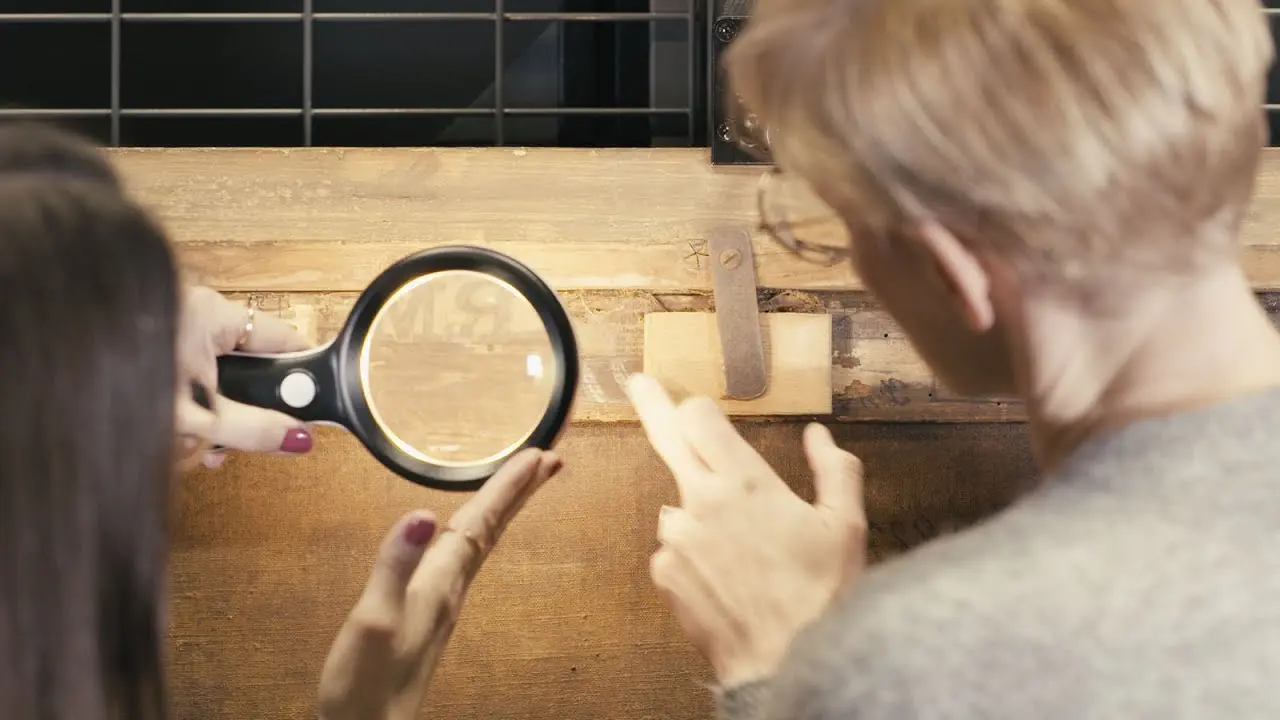
Provenance research at the SKD
Provenance research deals with the history of artefacts, their owners and possessors. The entire journey from the studio or workshop to its current place in the museum is analysed. As part of the "Daphne" project, the Staatliche Kunstsammlungen Dresden (SKD) has been systematically clarifying the provenance of its acquisitions since 1933 since 2008. The aim is to search the inventory for objects that
- were looted or otherwise taken from their Jewish owners and other victims of National Socialist persecution since 1933;
- had been procured for the planned "Führer Museum" in Linz on the Danube and the "Special Mission Linz" and were accidentally left behind in Dresden in 1945;
- were expropriated in 1945/46 as part of the so-called Schlossbergung (i.e. the dissolution and evacuation of all castles and manor houses);
- were confiscated by the Soviet occupying power from the property of the former royal house of Wettin;
- of so-called Republic refugees or legal emigrants had to be left behind in the GDR or were expropriated in other illegal contexts in the GDR.
Clarifying these cases and preparing "just and fair solutions" in line with the "Washington Principles" - insofar as it concerns so-called Nazi-related seizures - is one of the tasks of provenance research. It is also the basis for endeavouring to find solutions for all other case constellations in accordance with the relevant legal provisions. As an essential element of scientific research at the Staatliche Kunstsammlungen Dresden, provenance research helps to obtain legal certainty about all holdings and, last but not least, to be able to present the knowledge gained here in a transparent manner.
Film
When you play our YouTube or Vimeo videos, information about your use of YouTube or Vimeo is transmitted to the US operator and may be stored. In addition, external media such as videos or fonts are loaded and stored in your browser.

Einführung Teil 2
There is an increasing focus on the reappraisal of the colonial past and its evidence. Collection items from colonial contexts are therefore also being analysed, particularly in the State Ethnographic Collections. Many proven methods and principles of provenance research can be applied here. In addition, there are decisive new approaches such as the inclusion of communities of origin, which can be very profitable for the collections, but also present them with new challenges.
The problem situation is therefore complex, more complex than in the museums of the "old" Federal Republic. With this pilot project, the Saxon State Government and the Dresden State Art Collections want to fulfil their special moral obligation resulting from the historical role of Dresden's museums. The documentation of the results of the "Daphne" project is planned in several stages:
- Pieces of unclear or questionable provenance, which may have been confiscated as a result of National Socialist tyranny (1933-1945) and the events of the Second World War ("looted art", 1945-1949), as well as pieces whose rightful owners between 1933 and 1945 are not known to the SKD, will be successively published in the Magdeburg database www.lostart.de.
- Selected parts of the collections are to be presented on the Internet.
- At the end of the overall project, the basic data on the complete holdings of all the museums of the Dresden State Art Collections will be searchable on the Internet.